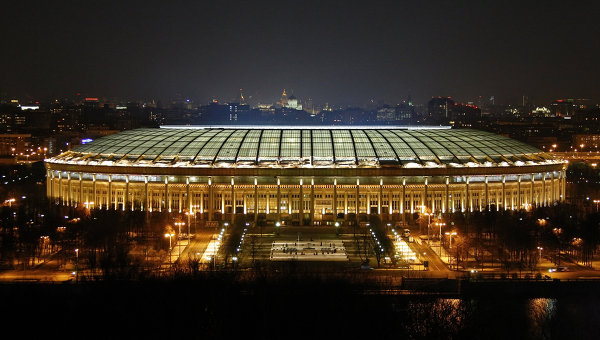By David Gold
April 4 – Russia 2018 will later this year accompany FIFA officials on an inspection of prospective host cities for the World Cup in six years’ time, ahead of the final selection of venues.

By David Gold
April 4 – Russia 2018 will later this year accompany FIFA officials on an inspection of prospective host cities for the World Cup in six years’ time, ahead of the final selection of venues.